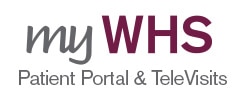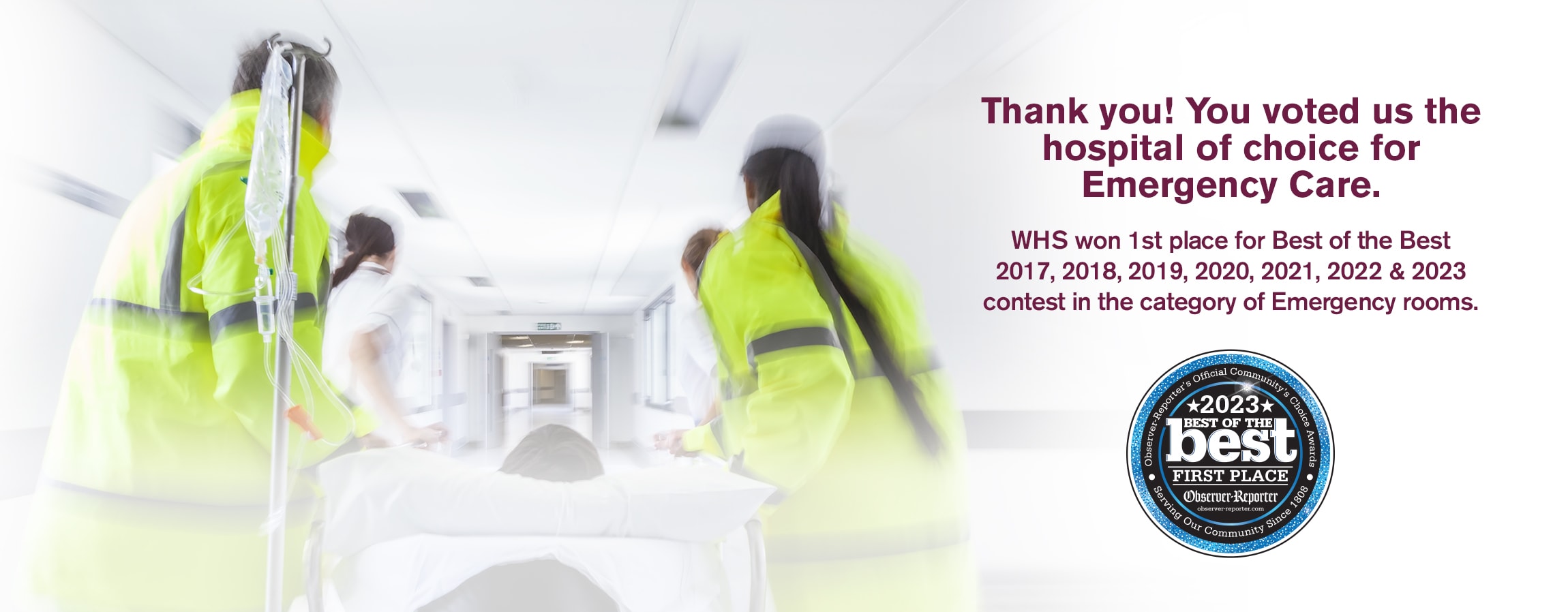If you feel that your condition is life-threatening, call 911 right away or proceed immediately to the closest ED. If you have chest pain, severe shortness of breath, stroke-like symptoms, severe abdominal pain, severe headache, severe infection, or if you have complex medical problems that make your care high risk, emergency care would be appropriate for you.
For non life-threating conditions, seeking care can range from in person or virtual appointments with your primary care physician, going to an urgent care or even emergency department (ED) when appropriate. But how do you know when it is appropriate to seek care at each of these facilities? The best place to start is to know the symptoms of a medical emergency. Also, when it comes to COVID, understanding what types of services are available for patients with COVID symptoms in an Emergency Department and how to recognize serious COVID symptoms could save you money and a trip to the emergency room. To learn more click here.
UPMC Washington Hospital Emergency Department
What to expect during your visit.
If you are currently inside the UPMC Washington Hospital Emergency Department, we’d like to walk you through what you can expect during your visit with us. Please click the link below for a list of FAQs and other information that may help you during your visit. Click here.
Pain Medication Guidelines
- We DO NOT provide replacement prescriptions for controlled substances.
- We DO NOT dispense or prescribe methadone or suboxone.
- We DO NOT write you refills for certain prescriptions. Some medications are only safe with close supervision of a primary care physician.
Zero Tolerance
UPMC Washington Police are always on site to ensure the safety of our staff, patients and their families. UPMC Washington does not tolerate violence of any sort. Under PA Law, it is a felony to assault a healthcare worker performing their duties. Please see our code of conduct posted throughout this unit.










